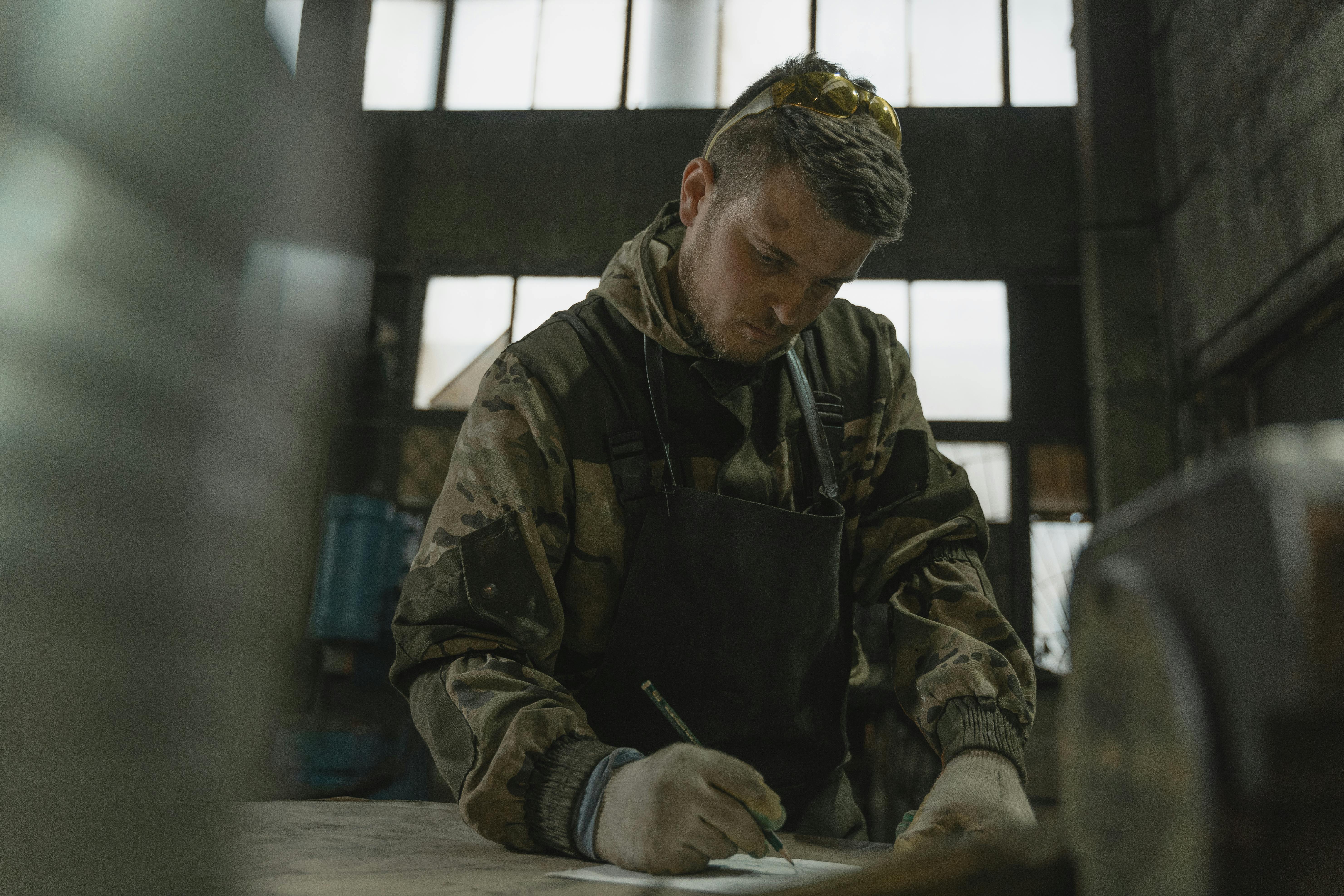First Mile Delivery Guide: Benefits, Examples, and Shipping Solutions
Alice Warnier
March 19, 2024
-min.webp)
What is first mile delivery? Why does it matter in the logistics chain, and how does it differ from last mile delivery?
First mile delivery is the initial step in the transportation process, in which products, materials, equipment, or other goods are moved through the first leg of the shipping supply chain. Each supply chain is different, and that is certainly true of the construction industry.
It's a crucial part of the logistics process that is frequently overlooked because it takes place before any interactions with the customer.
In this article, we will discuss what first mile delivery means, how it differs from last mile delivery, and its benefits and challenges for businesses.
What Is First Mile Delivery
In shipping and logistics, first mile delivery refers to the initial step in the supply chain. That could mean the movement of raw materials from a supplier to a manufacturing facility or the transportation of finished products from a manufacturing site to a distribution center. Wherever you are in the supply chain, your first mile will be unique to your business.
After goods are transported during the first mile, they are handed over to carriers, shipping companies, or logistics partners, who then move them to the next stage in the supply chain. First mile delivery is the initial delivery transportation.
A great example of this is when you place an order with a large online retailer. The order is placed with the retailer, picked up from a regional distributor, and delivered to a local retail branch.
Some other examples include:
- Bulk steel beams shipped from the manufacturer to regional distributors.
- Power tools transported from distributors to industrial supply retail locations.
- Concrete mix delivered from production plant to bridge construction site.
Why Is First Mile Delivery Important in Shipping and Logistics?
First mile delivery is one of the most important aspects of the order fulfillment process. If the process is subpar or inefficient in any way, it is certain to have a trickle-down effect on the rest of the order fulfillment supply chain. A growing problem is that businesses are not putting in the time and care that first mile delivery deserves. This is where Curri comes in.
Curri is built on moving material fast, reliably, and professionally. Another huge problem of first mile delivery for many companies is that the process is just too manual for our modern age. Tracking shipments often requires phone calls, writing down ETA’s on paper, and a less-than-stellar customer experience.
Traditionally, no type of technology has been embedded in the first mile delivery stage. Once a shipment is picked up from a distributor, tracking is usually very limited. This can lead to all sorts of problems.
That’s why we do things differently at Curri. Whenever an order is picked up via a Curri driver, we provide a few things that will help aid the process of tracking and peace of mind. Not only do we provide photos of the cargo, but with our live first mile delivery tracking system, you will never wonder where your shipment is or when it will arrive.
What Are the Differences Between First Mile and Last Mile Delivery?
The distinction between first mile and last-mile delivery lies primarily in their positions within the supply chain and their operational focuses.
First-mile delivery is the initial step where products move from the point of origin, such as a supplier or manufacturer, to the first warehouse or distribution center. In contrast, last-mile delivery is the final step, delivering the product from the distribution center to the end customer's location, such as their business or job site.
First-mile delivery typically involves transporting large volumes, often in pallet-sized shipments, to a single location. However, last-mile delivery deals with significantly smaller, as it primarily involves delivering individual orders directly to end customers.
Examples
- First Mile Delivery: A construction company receives a bulk shipment of steel beams directly from the manufacturer to their warehouse.
- Last Mile Delivery: A local construction site receives a scheduled delivery of pre-cut lumber from the nearest distribution center.
Key differences in first mile vs last mile delivery include:
What Are the Steps in the Order Fulfillment Process?
The order fulfillment process is a series of steps that move a product from the supplier to the end customer. The initial step in the order fulfillment process involves preparing and first mile pickup from the brand or retailer to the supplier.
Here’s a concise overview of each step:
- Order Placement: Brands or retailers submit a significant order to suppliers or wholesalers. This involves processing and preparing the inventory for shipment.
- Choosing a Carrier: Suppliers or wholesalers select a shipping company like Curri based on cost, service level, reliability, and the geography covered to deliver goods to their final location.
- Preparation for Shipment: Orders are packed and labeled according to the customer's requirements.
- Transportation: The carrier moves the goods from the supplier to a central hub or distribution center.
- Inventory Reception: After the distribution center, the shipment is incorporated into inventory and becomes ready for customers or further distribution.
Curri's comprehensive logistics platform enhances first mile delivery optimization throughout the order fulfillment process. Our suite of tools supports businesses requiring logistics solutions, featuring a nationwide carrier network, an on-demand fleet, and superior tracking capabilities.
Thank you for reading this article. Please enjoy $40 off any Curri delivery by clicking on this link to sign-up.
Examples of First Mile Delivery in Manufacturing & Distribution
The construction industry is comprised of a vast array of businesses in a complex and interconnected supply chain. Wherever your business is located in the supply chain, the next step is where your first mile begins.
And Curri is ready to get the job done. From raw materials to finished products and eCommerce fulfillment, Curri's first mile delivery service makes it easy to kickstart your downstream supply chain.
Transport for Raw Manufacturing Materials
For construction industry manufacturers, efficient inbound transport of raw materials is crucial. It ensures reliable operations and a smooth supply chain. On-time delivery of materials maximizes team output and optimizes processes.
Transport for Completed Products
The aim of first mile delivery for finished products is to move them through the supply chain to the customer swiftly. This process involves more than just loading and delivery; it includes order fulfillment, packing, vehicle assignment, driver assignment, ensuring quality delivery, and customer satisfaction.
To guarantee a high-quality first mile delivery experience, consider the 7R’s by John J. Coyle: the right product, to the right customer, with the right quantity, in the right condition, to the right place, at the right time, and at the right cost.
First Mile Delivery to Warehouse & Distribution Partners
The first mile varies across the supply chain stages. Without an on-demand first mile delivery service, the flow changes: products move from the manufacturer's warehouse to a holding center. Consider a local pool installation company as an example.
Ordering an Intex pool from a store that lacks immediate stock leads to a multi-step process. The store orders from Intex, and the pool traverses through several holding centers or warehouses before arriving at the store, and finally to the customer.
Logistics for Retail & eCommerce Fulfillment
Retail and eCommerce businesses make the fulfillment process a priority. eCommerce stores don’t have a physical location, so filling orders quickly and effectively is a challenge at the top of the priority list.
Although most eCommerce seems direct to the customer, there are still several steps in the supply chain at play here. Once an order is placed, the items will either be shipped out from a holding center/warehouse or be picked up by a courier and taken to the customer.
Oversized Freight for Vehicles, Machinery & Large Products
For companies making vehicles, machinery, or other large items, first mile delivery of heavy freight poses challenges, especially when in-house vehicles are scarce or already in use. Faced with a rush order for oversized freight or a limited fleet, Curri offers a solution. Our on-demand fleet is designed to handle such demands, providing immediate assistance for heavy and oversized deliveries.
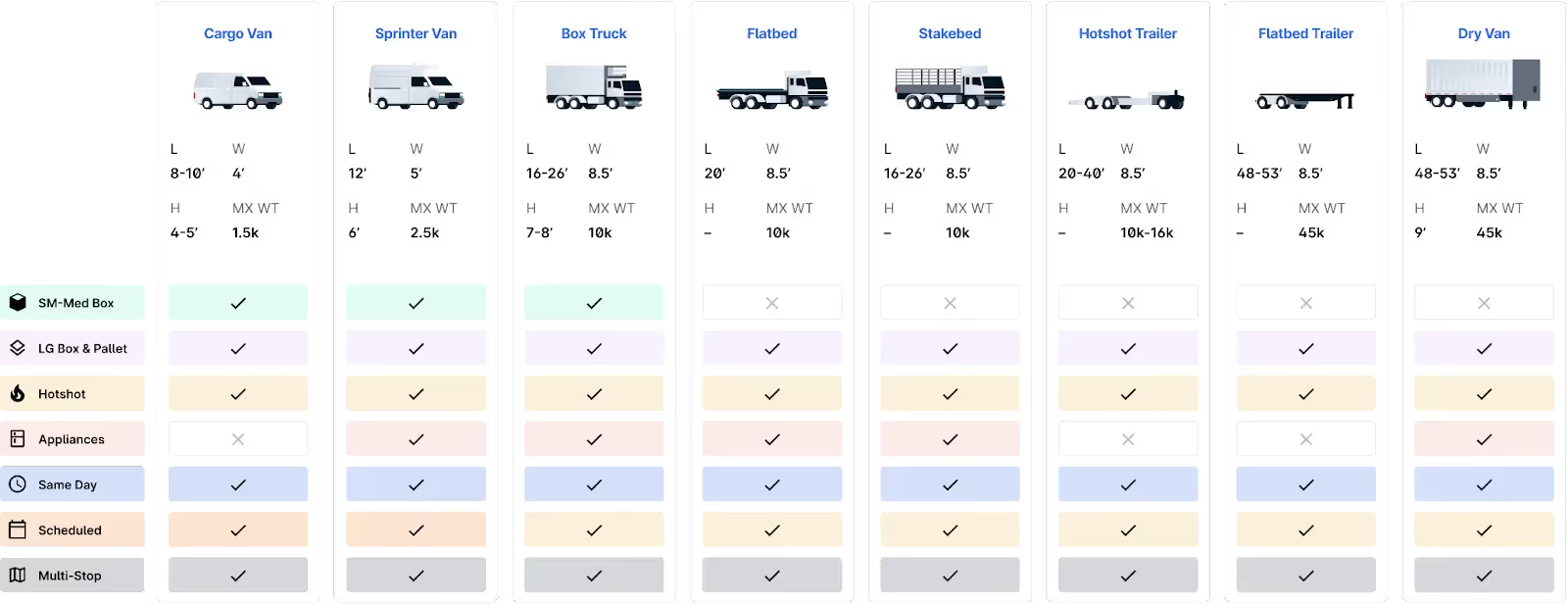
What Are the Challenges of First Mile Delivery?
First mile delivery can face a lot of numerous challenges that can affect the efficiency and reliability of the supply chain from the outset.
Labeling and Packaging
Inefficient labeling and inadequate packaging pose significant risks in the delivery process. Errors in labeling, like incorrect addresses or product details, can cause delivery delays and lost shipments, leading to increased costs and strained business relationships.
Similarly, using unsuitable materials or packing methods for heavy or bulky items can result in damage during transit. This could result in costly replacements and project delays.
Lack of Resources
A common obstacle is the lack of resources dedicated to first mile delivery logistics. This includes insufficient human resources, inadequate transportation options, or a shortage of technological tools for efficient operation. Such resource limitations can hinder the ability to move large volumes of materials promptly, leading to delays in the supply chain.

Curri makes it easy for companies to handle first mile delivery. We have an on-demand fleet of vehicles available nationwide for any construction and industrial supplies deliveries. Our software also creates employee efficiencies. You’ll save on driver costs and will be able to schedule and manage more deliveries with our easy-to-use logistics planning tools.
Quality Control and Damage Prevention
The initial stage of delivery presents risks of quality degradation and cargo damage, which can be attributed to numerous handoffs and transport phases.
Curri minimizes this risk with thorough courier vetting and a solid Loss Assurance Program. In the rare case that an issue arises, a simple claims process with quick, dedicated support resolves concerns swiftly, keeping your business moving smoothly.
Visibility and Tracking
Providing real-time visibility and tracking for shipments is essential for modern logistics. But it can be difficult for a lot of companies to implement this with first mile delivery. Especially when multiple smaller delivery and logistics companies are involved.

Transparency is baked directly into Curri’s delivery platform with live tracking and notifications. You’ll know the exact status of your first mile delivery at all times and can pinpoint exactly where it is.
Benefits of First Mile Delivery Tracking
First mile delivery tracking provides visibility into the earliest stage of the supply chain, where raw materials or products leave their origin en route to warehouses or distribution centers.
Its benefits include:
- Enhanced Visibility: Know exactly where materials or products are from the start.
- Improved Planning: Anticipate arrival times for better resource allocation.
- Reduced Costs: Identify inefficiencies and cost-saving opportunities.
- Increased Reliability: Minimize delays through proactive issue resolution.
- Better Supplier Relationships: Facilitate communication and trust with suppliers.
- Optimized Inventory Management: Align inventory levels with production needs.
- Customer Satisfaction: Set accurate expectations for downstream delivery timelines.
Thank you for reading this article. Please enjoy $40 off any Curri delivery by clicking on this link to sign-up.
Optimizing Your First-Mile Delivery with Curri (Solutions and Best Practices)
First mile delivery is one of the most important aspects of your company’s fulfillment process. It also has a lot of moving parts like vehicle availability, driver staffing, clear and reliable tracking, and more. Curri can meet all of these needs every single time with our first mile solutions.
Curri offers a nationwide delivery fleet network that can handle any type of delivery - especially for construction and industrial supplies. From cars and SUVs to box trucks, sprinter vans, and semi-trucks, Curri has what you need, on-demand. Curri offers same-day deliveries as well as scheduled daily routes with dedicated drivers. You can get started by scheduling a delivery or booking a demo.
FAQ About First Mile Delivery
What is middle mile delivery?
Middle mile delivery is the transportation of goods from a warehouse or distribution center to a retail store or secondary distribution point. It focuses on moving products closer to the end consumer but not directly to them.
How does first mile delivery impact customer satisfaction?
Improving your first mile delivery processes can positively impact customer satisfaction. It can lead to better inventory management and faster overall delivery times, which eventually improves customer satisfaction.
How long does first mile delivery take?
First-mile delivery can vary from one to several days, depending on factors like distance, availability of transportation, and the complexity of the supply chain process involved.
Thank you for reading this article. Please enjoy $40 off any Curri delivery by clicking on this link to sign-up.
.jpg)








.jpg)
.jpg)
.jpg)
.jpg)
.jpg)
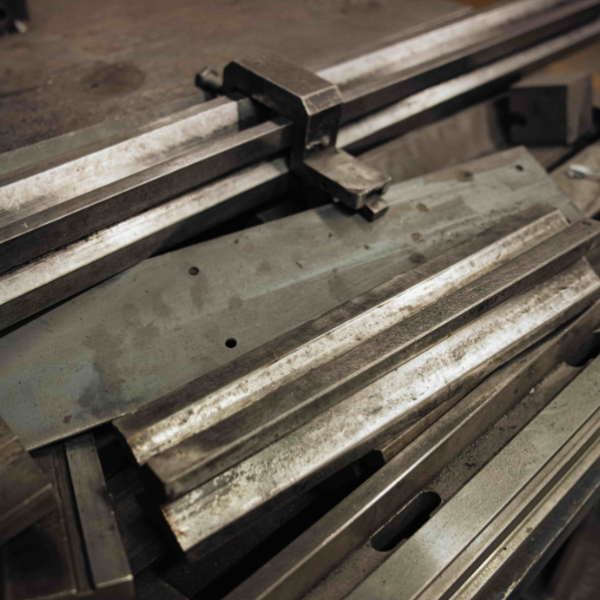
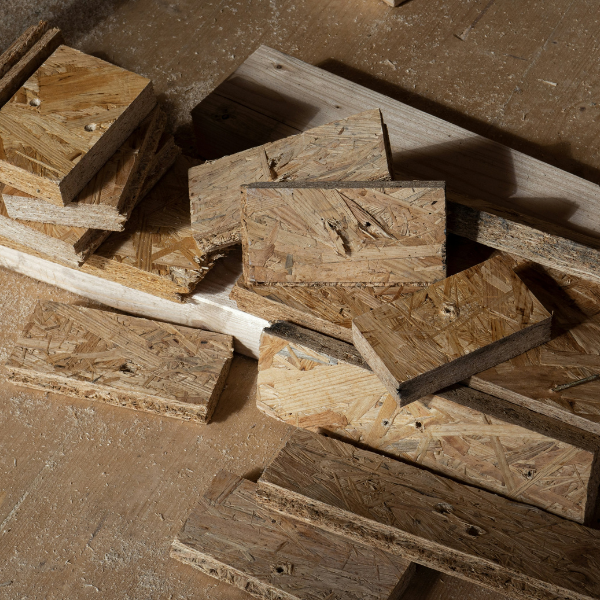
.avif)
-min.avif)

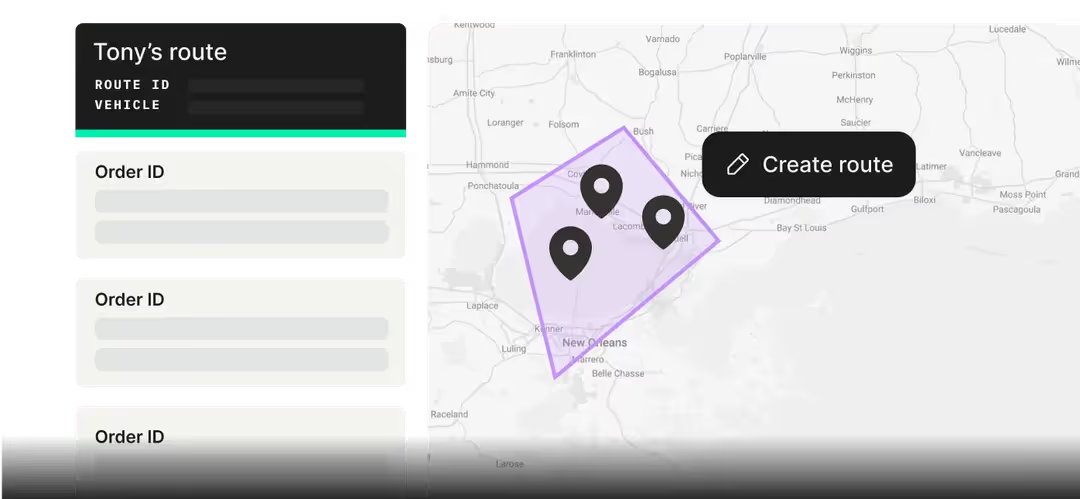
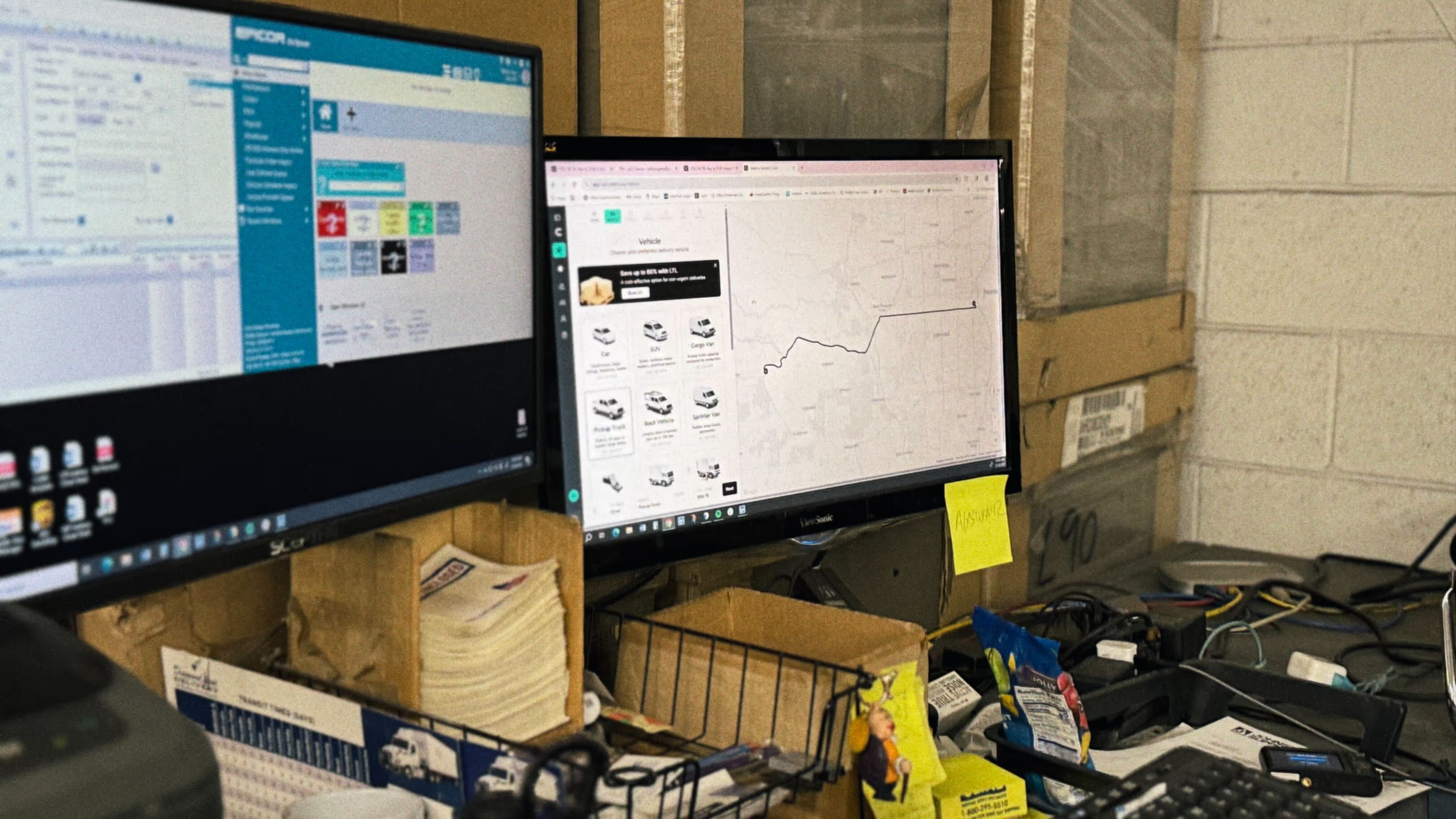
-min-min-min.avif)
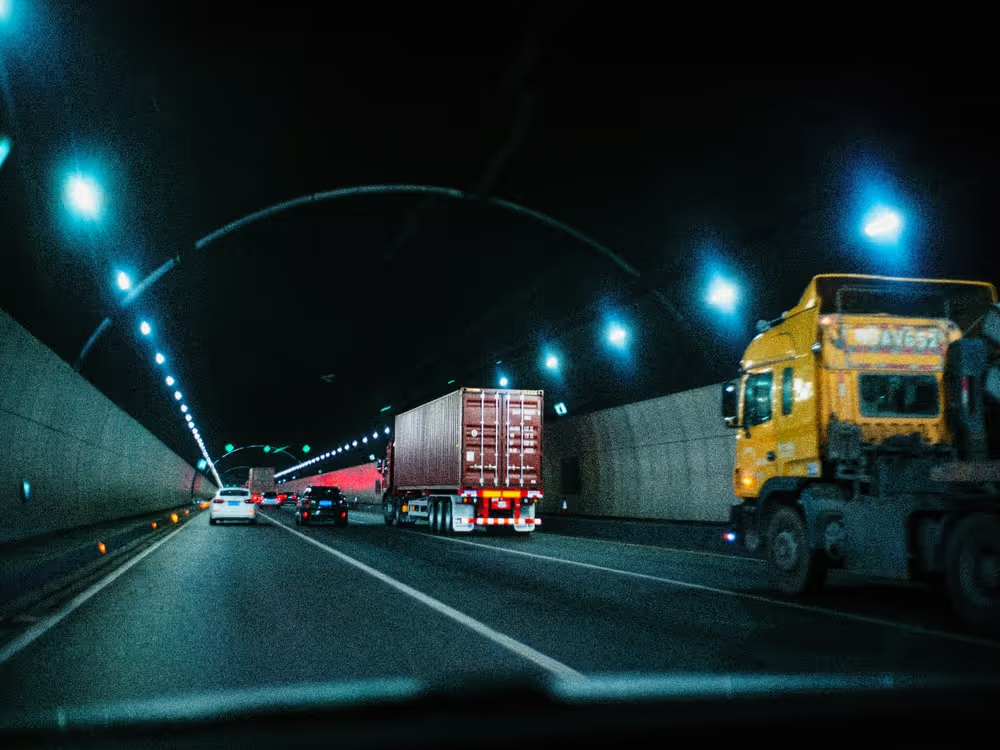
.avif)
-min.jpeg)
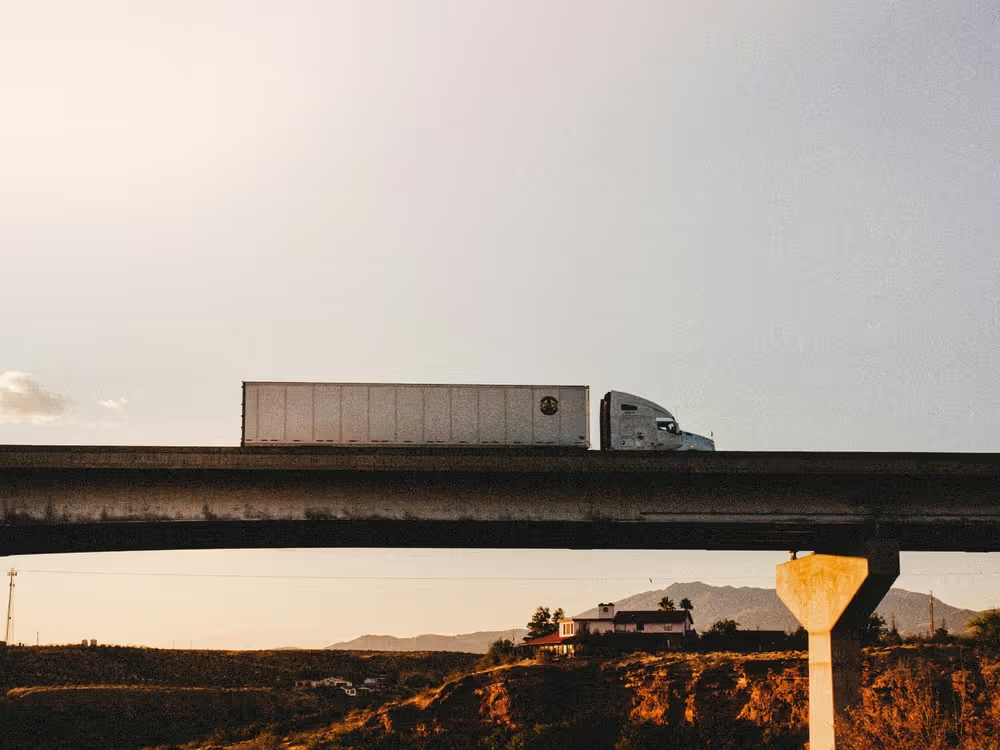

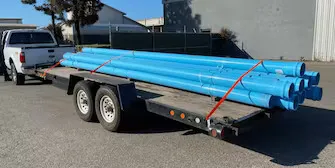
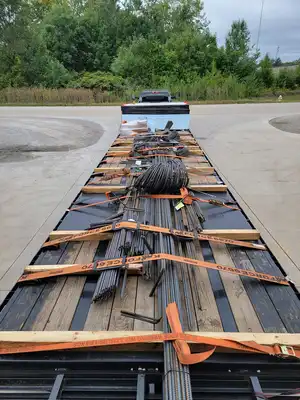

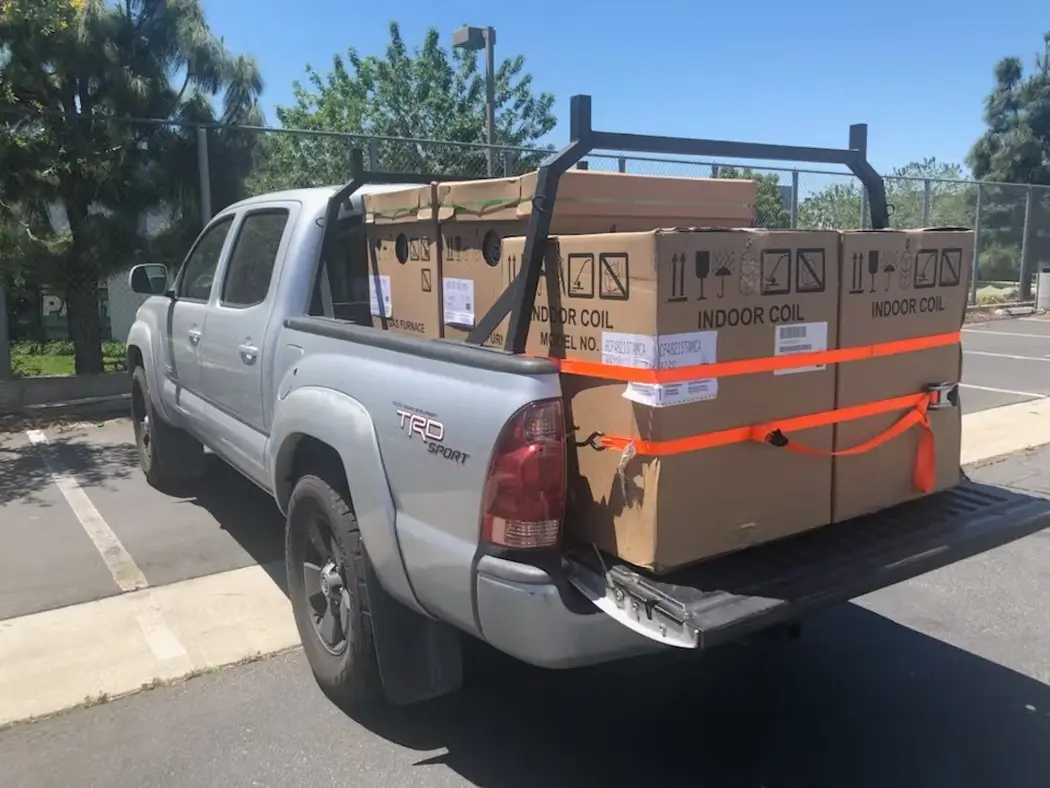
.webp)
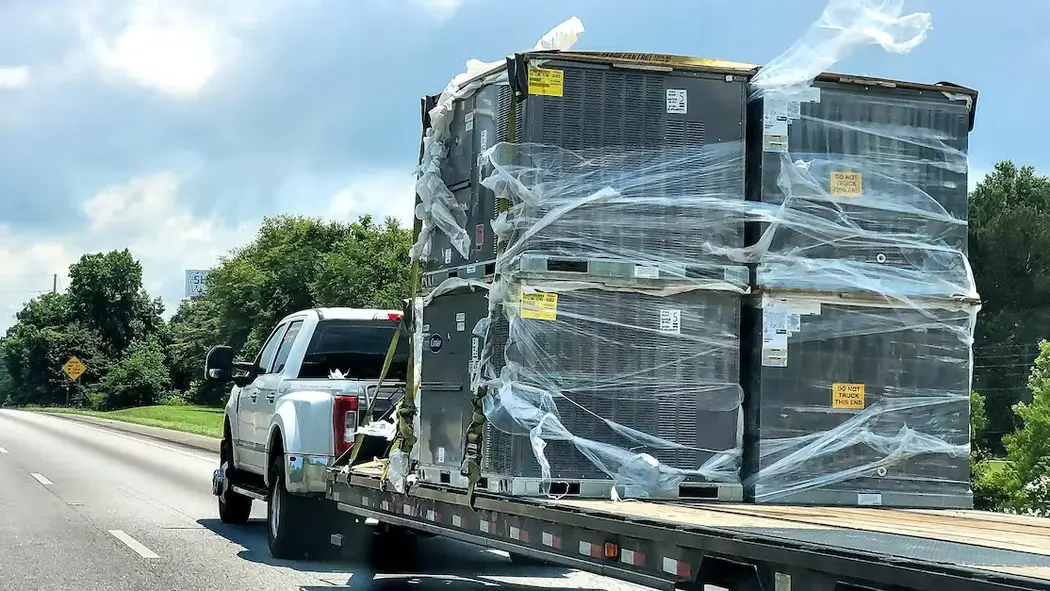
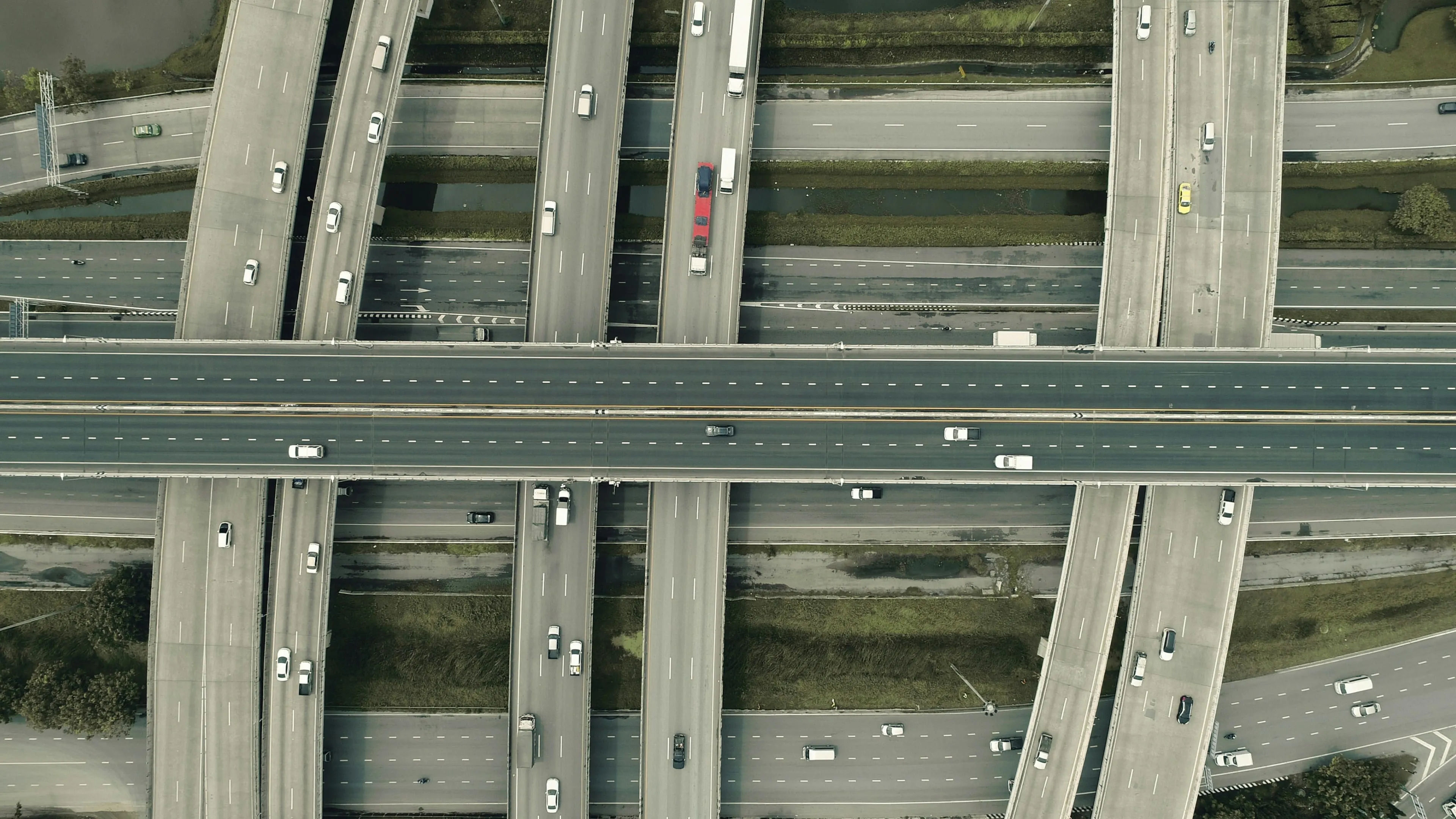

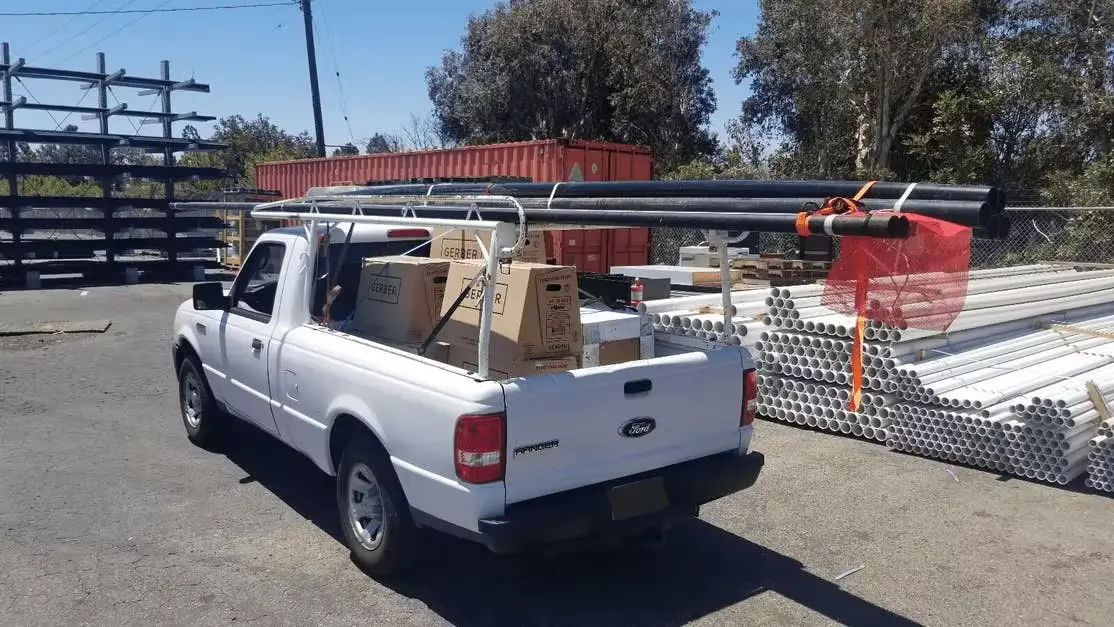

.webp)

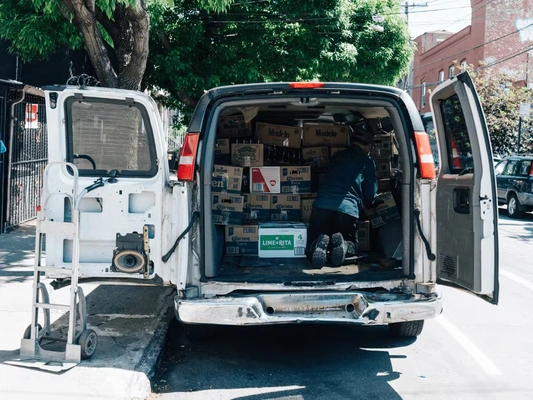

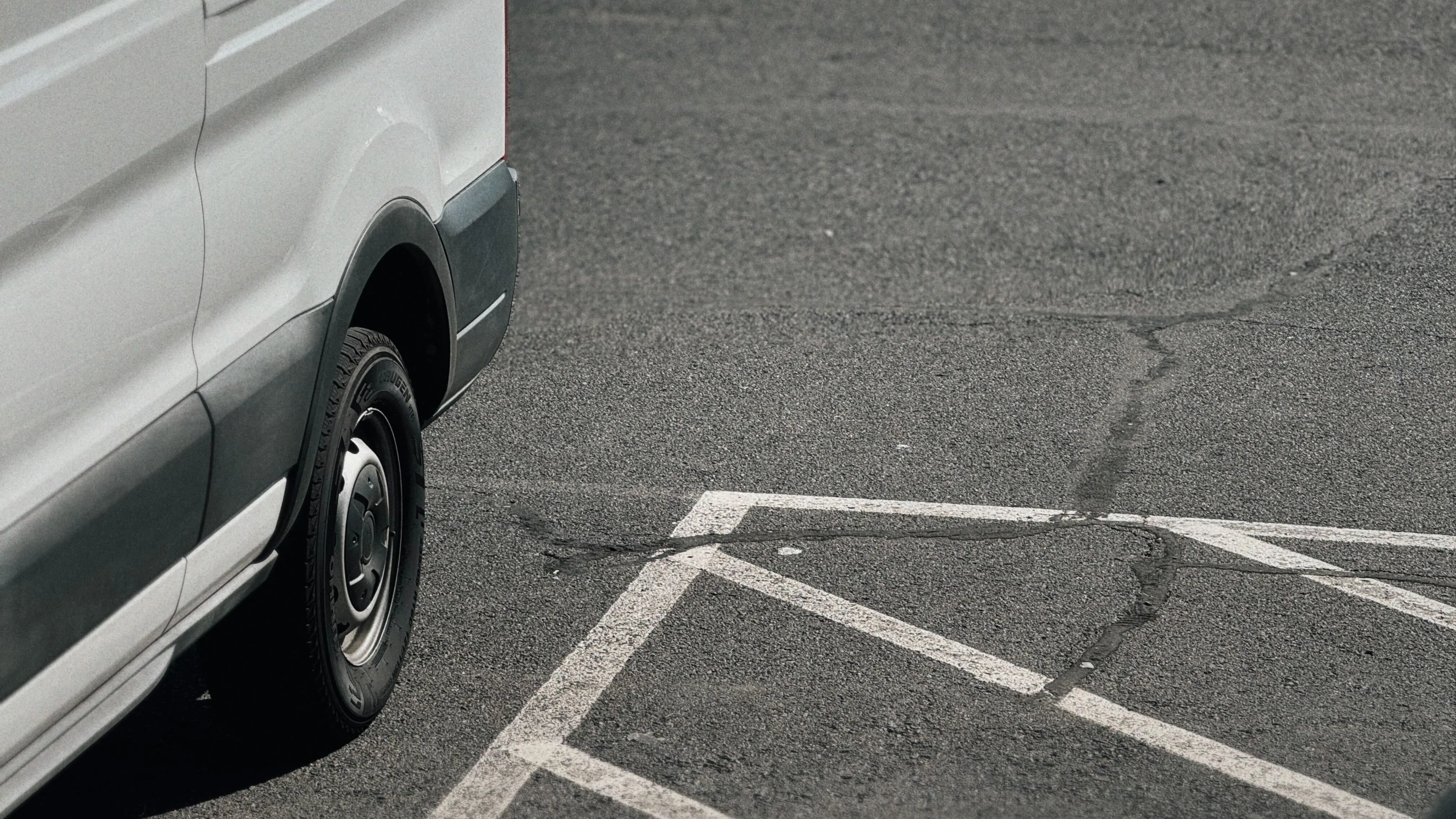
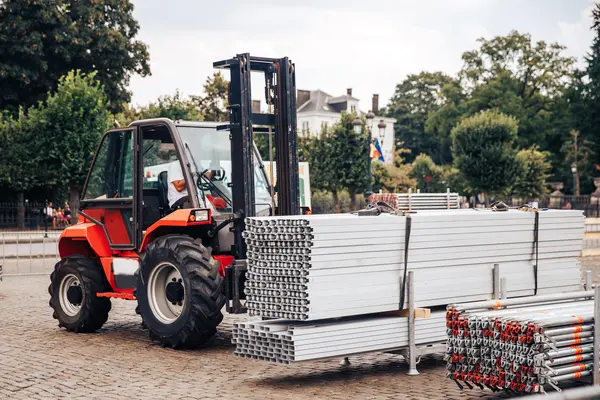
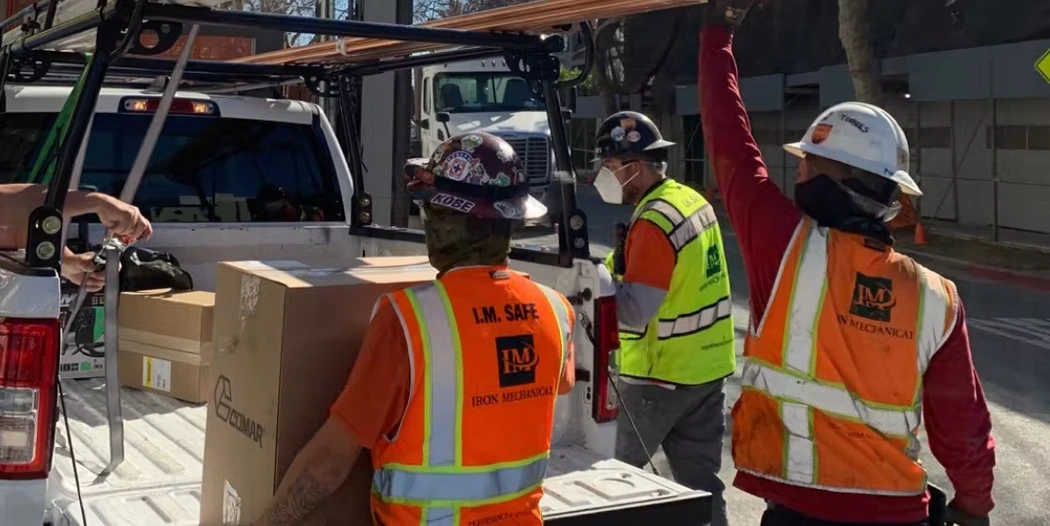
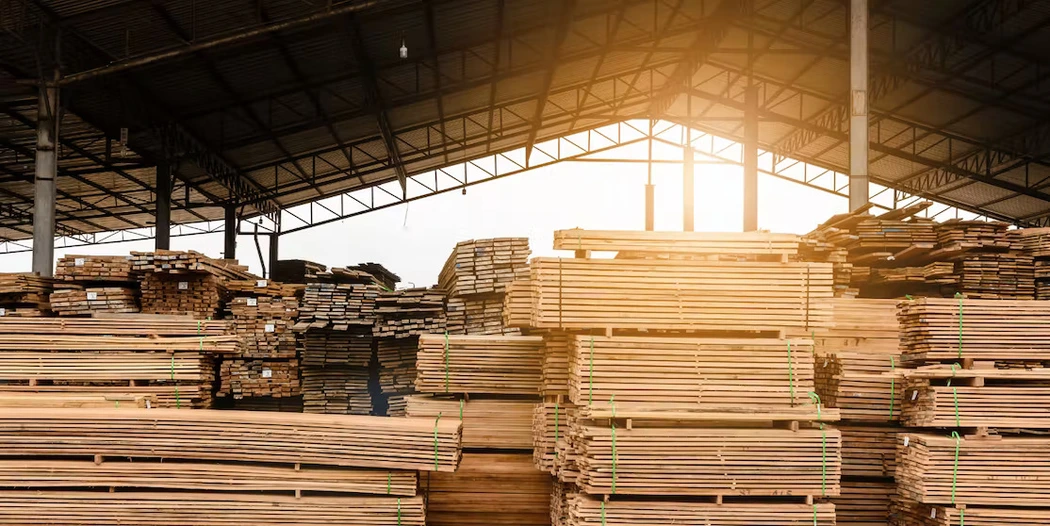




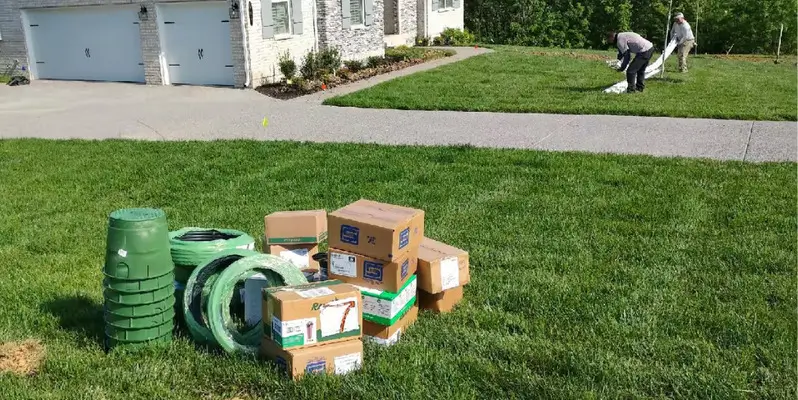
.webp)
-min.avif)


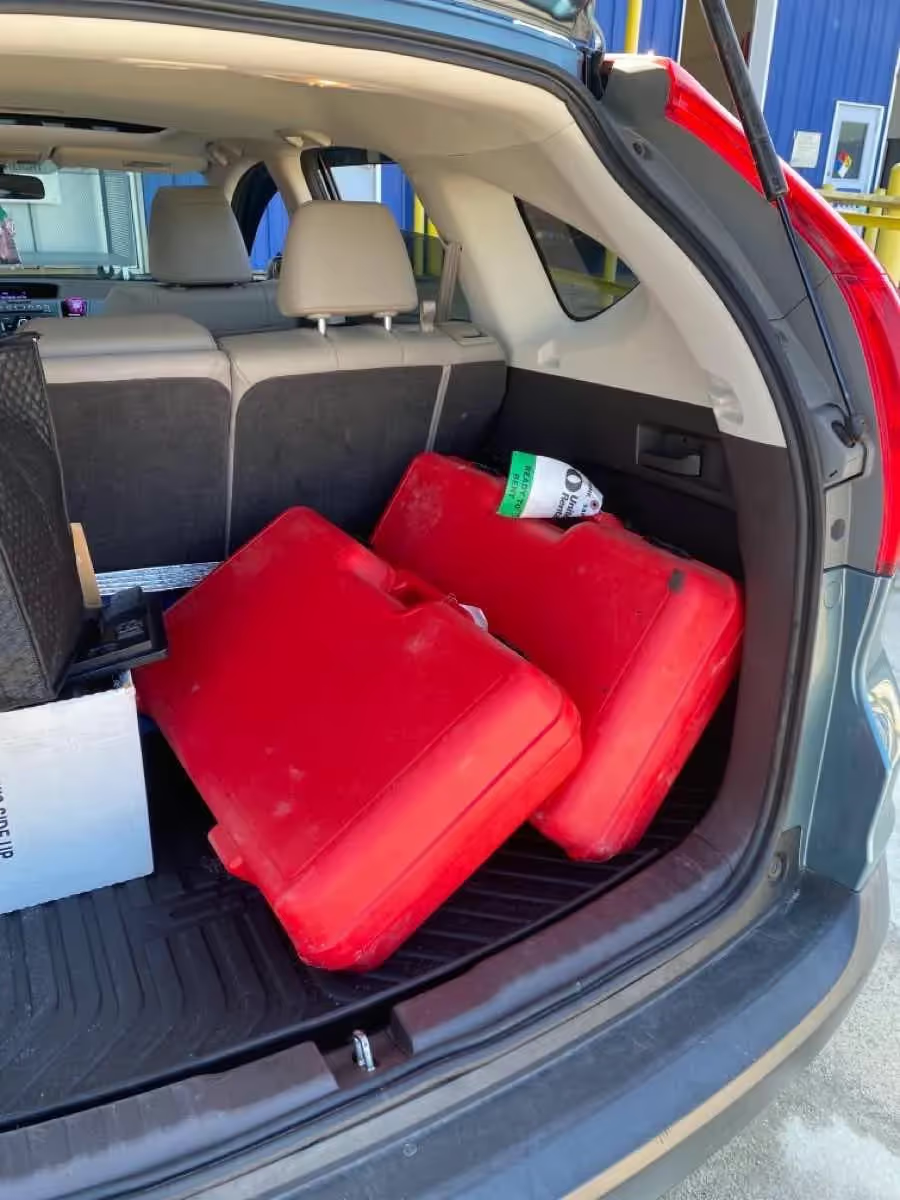

-min%2520(1).avif)

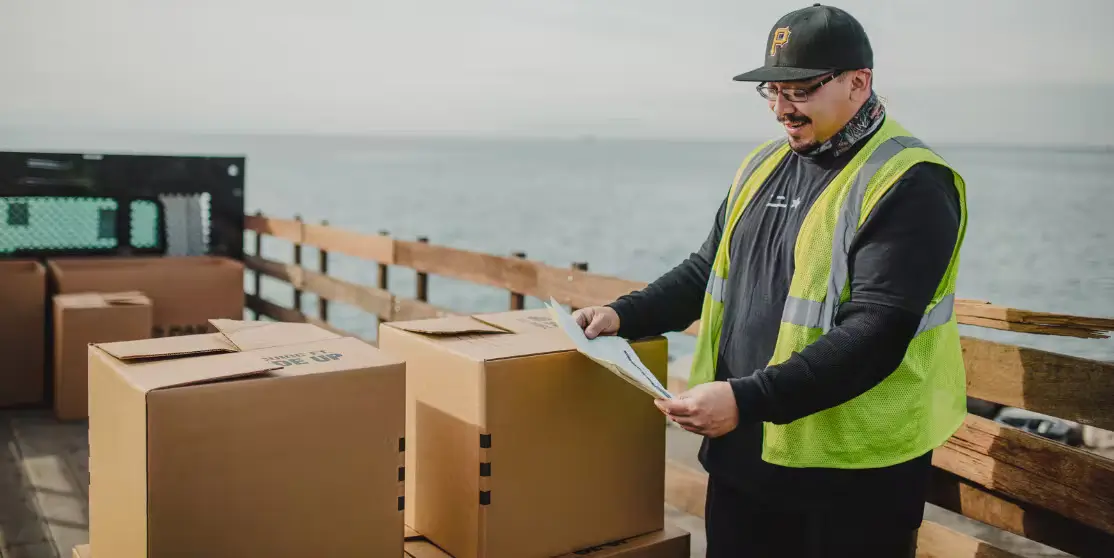
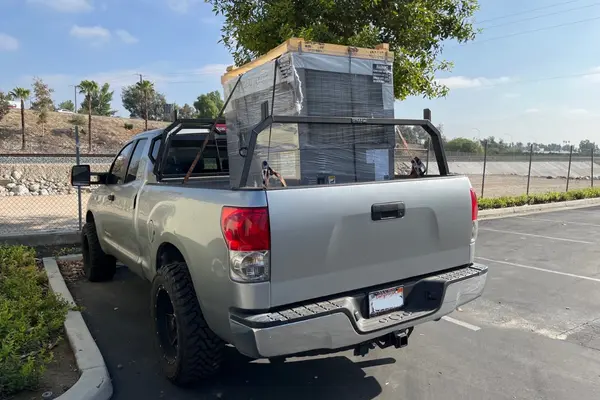


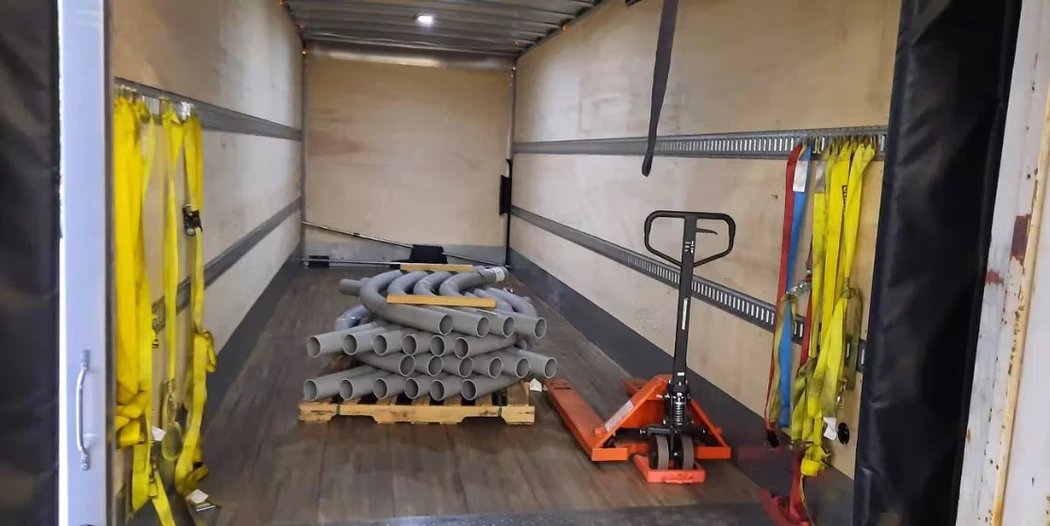
.avif)
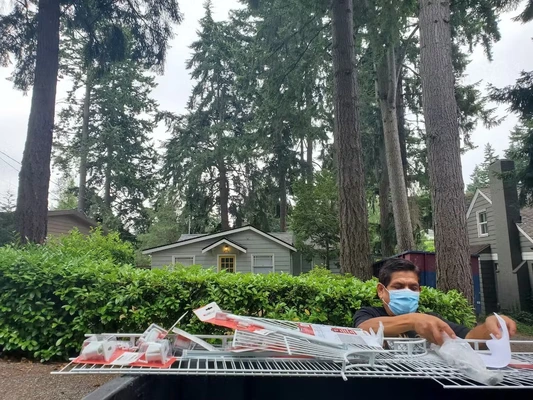

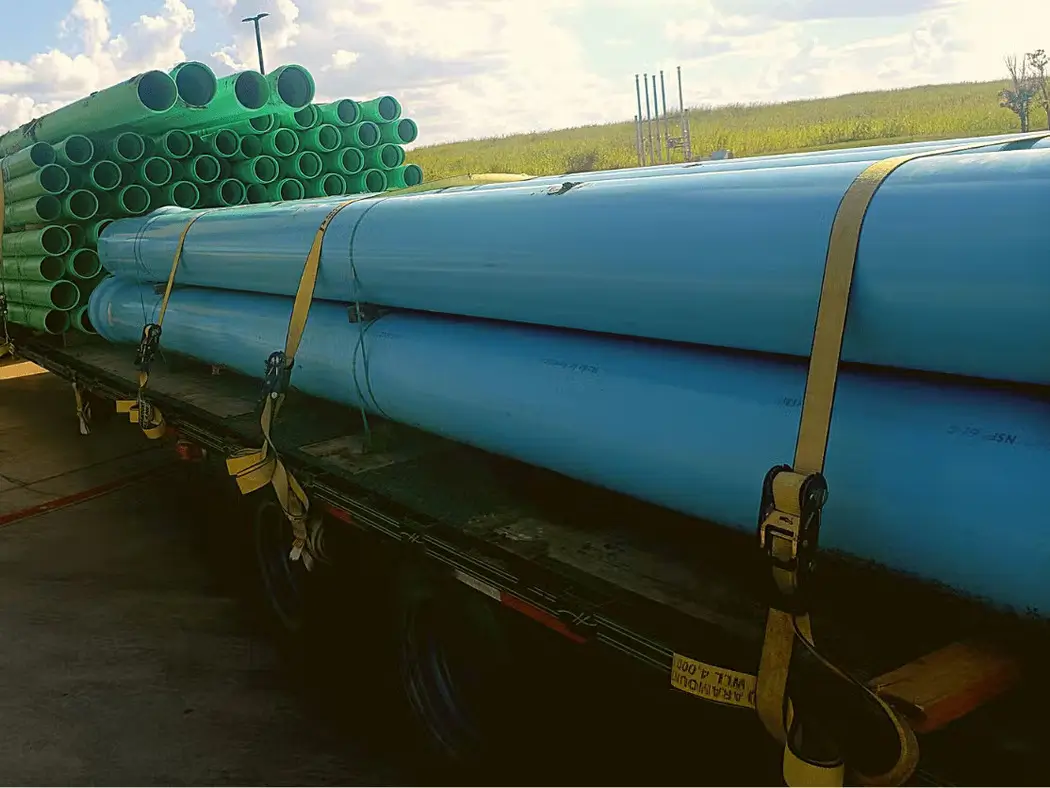
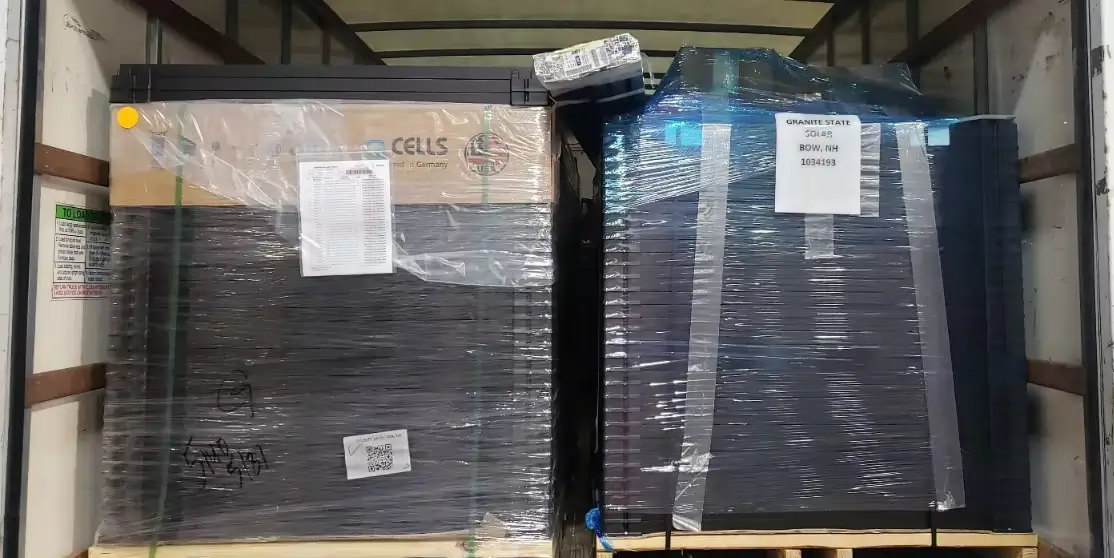
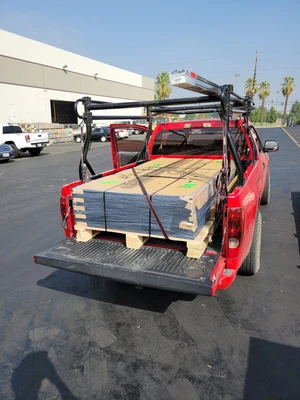
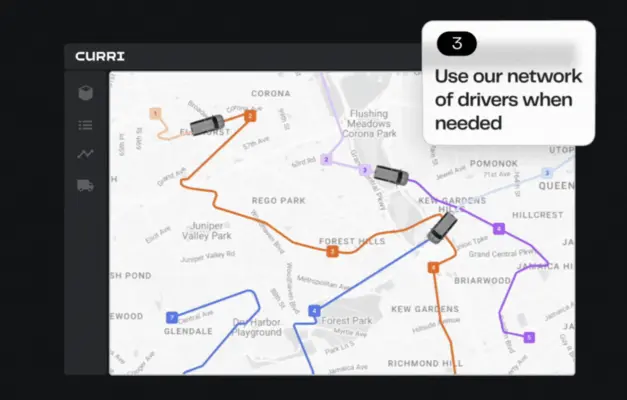


-min.avif)
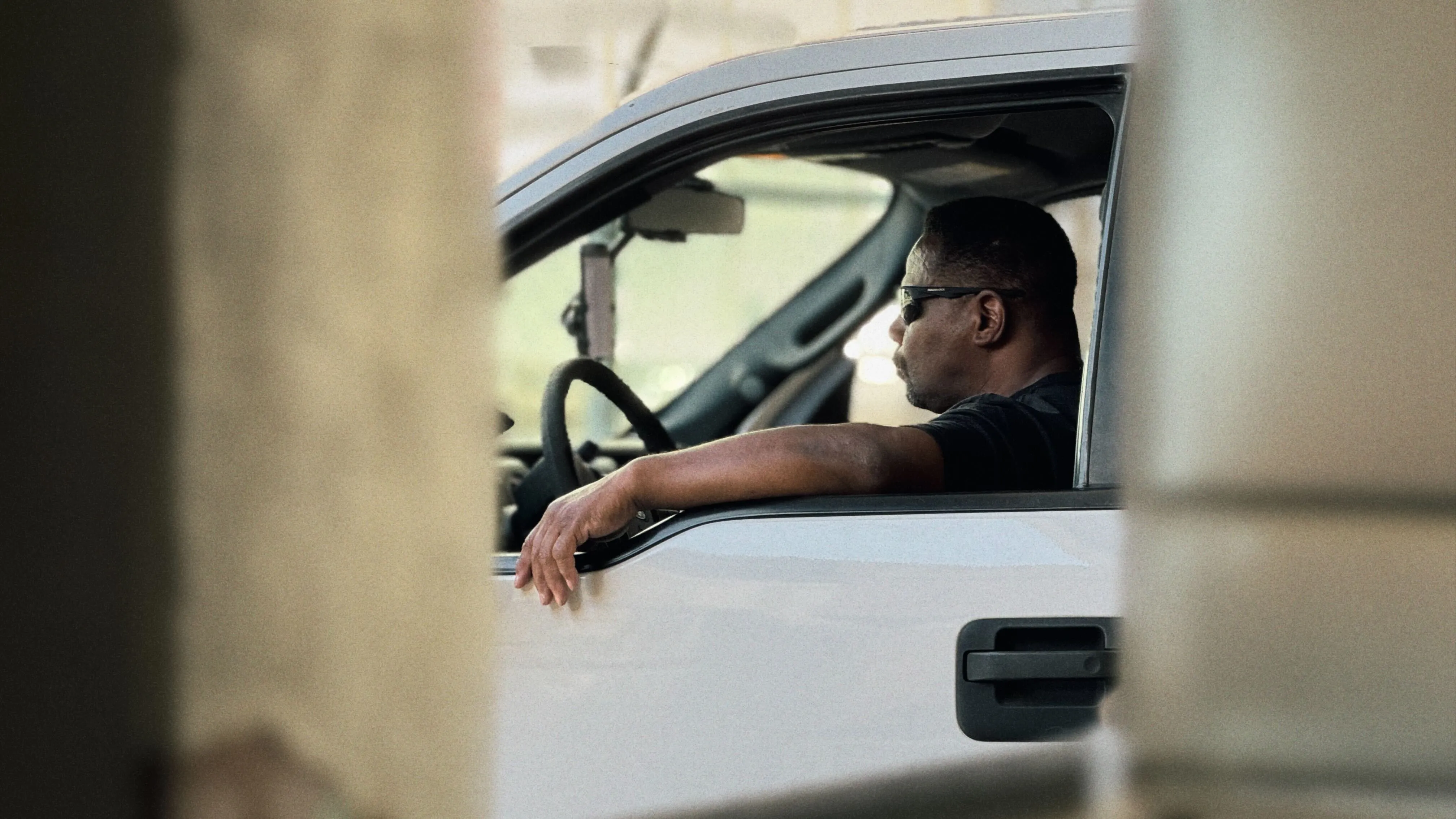

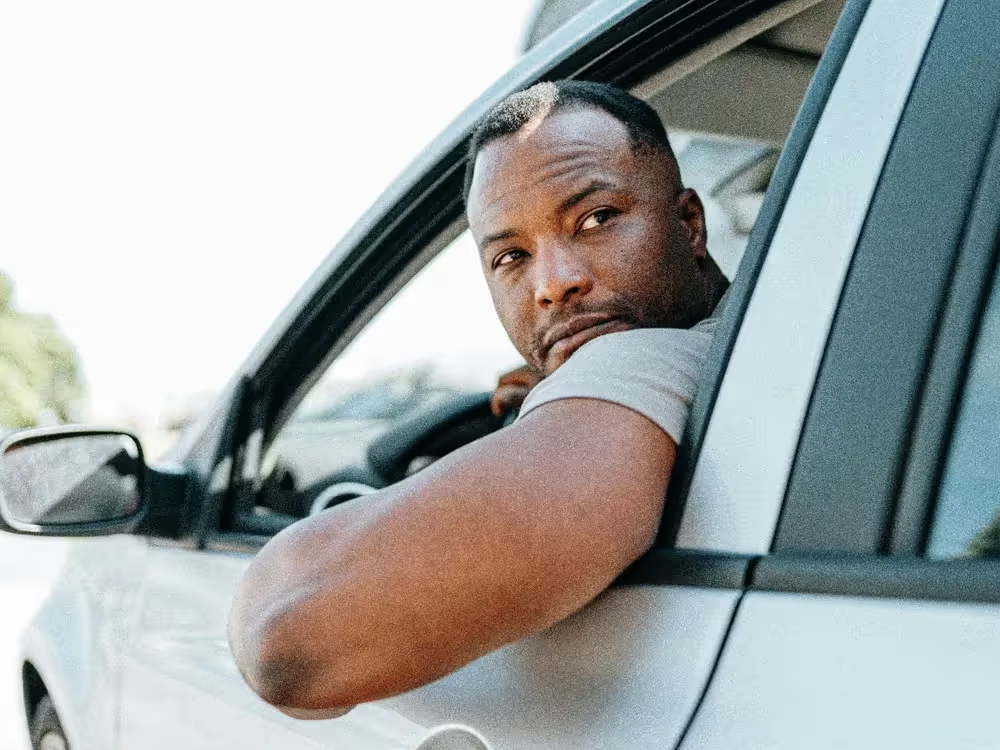
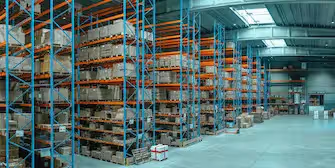
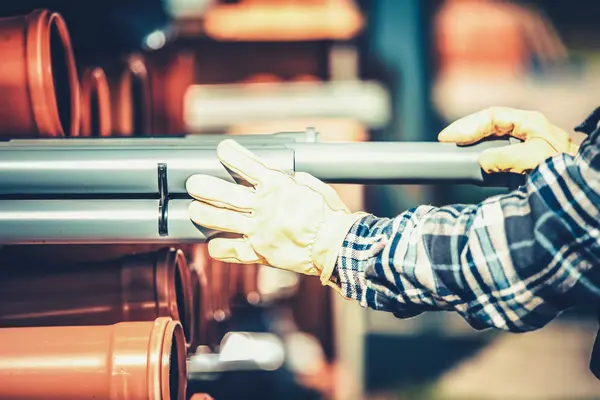
.webp)
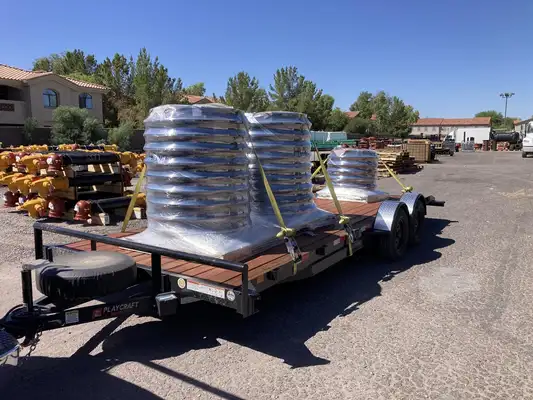
.webp)
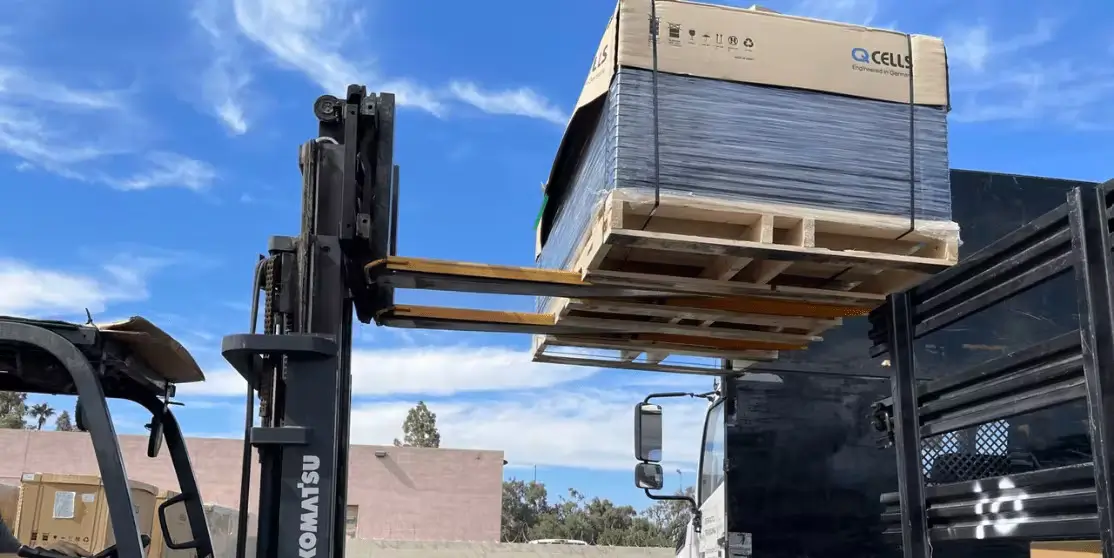
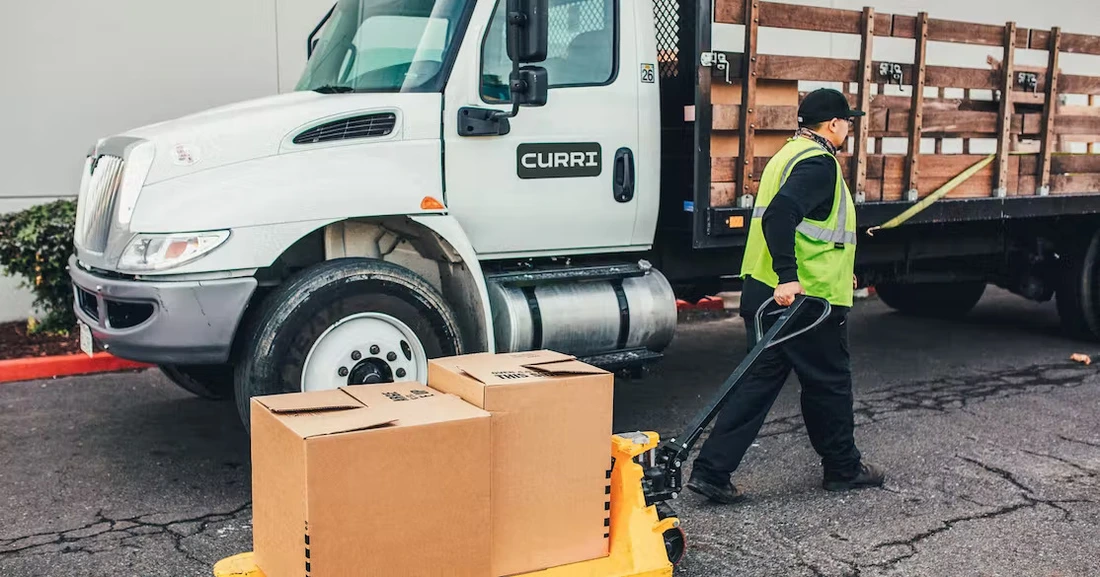
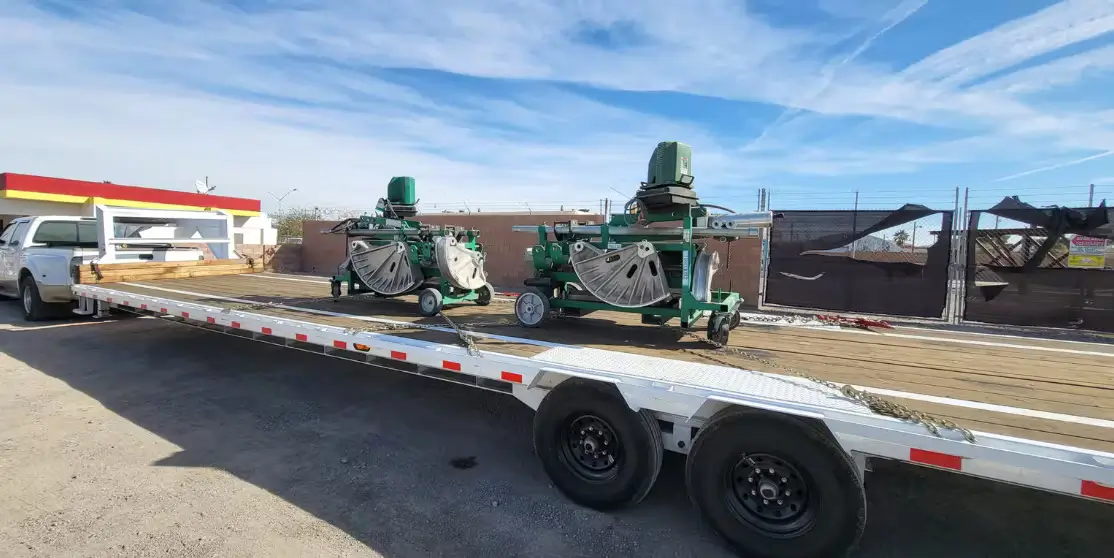
-min.avif)

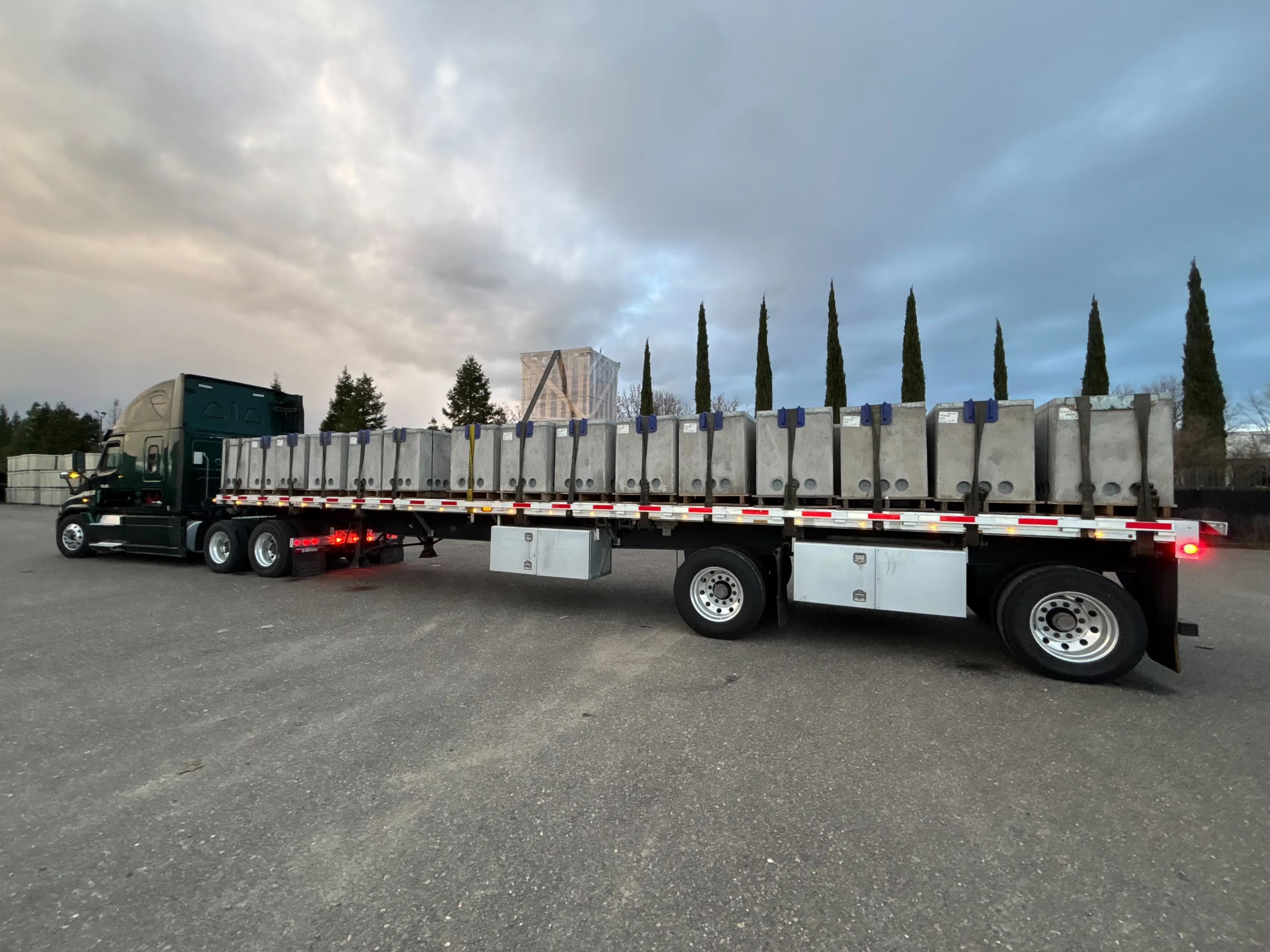

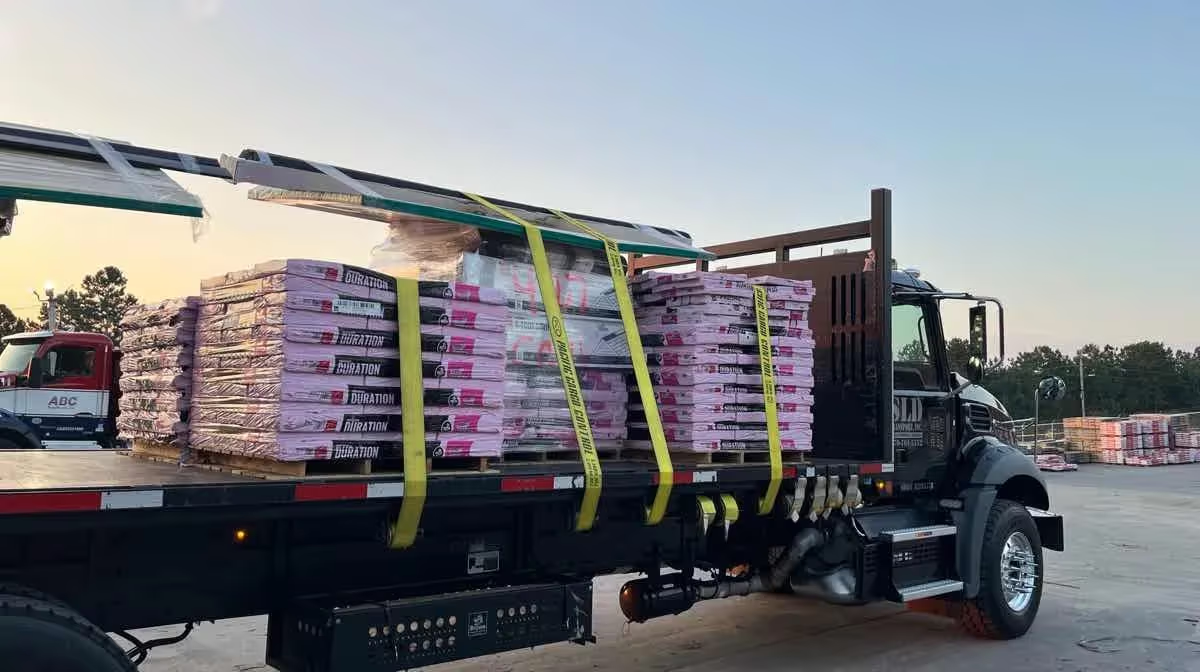
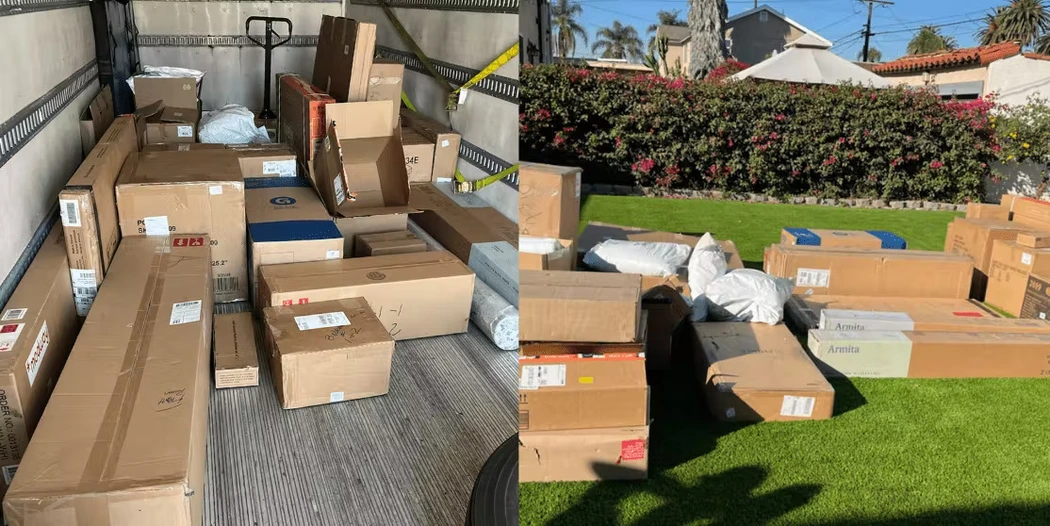
-min.webp)

.webp)
-min.webp)
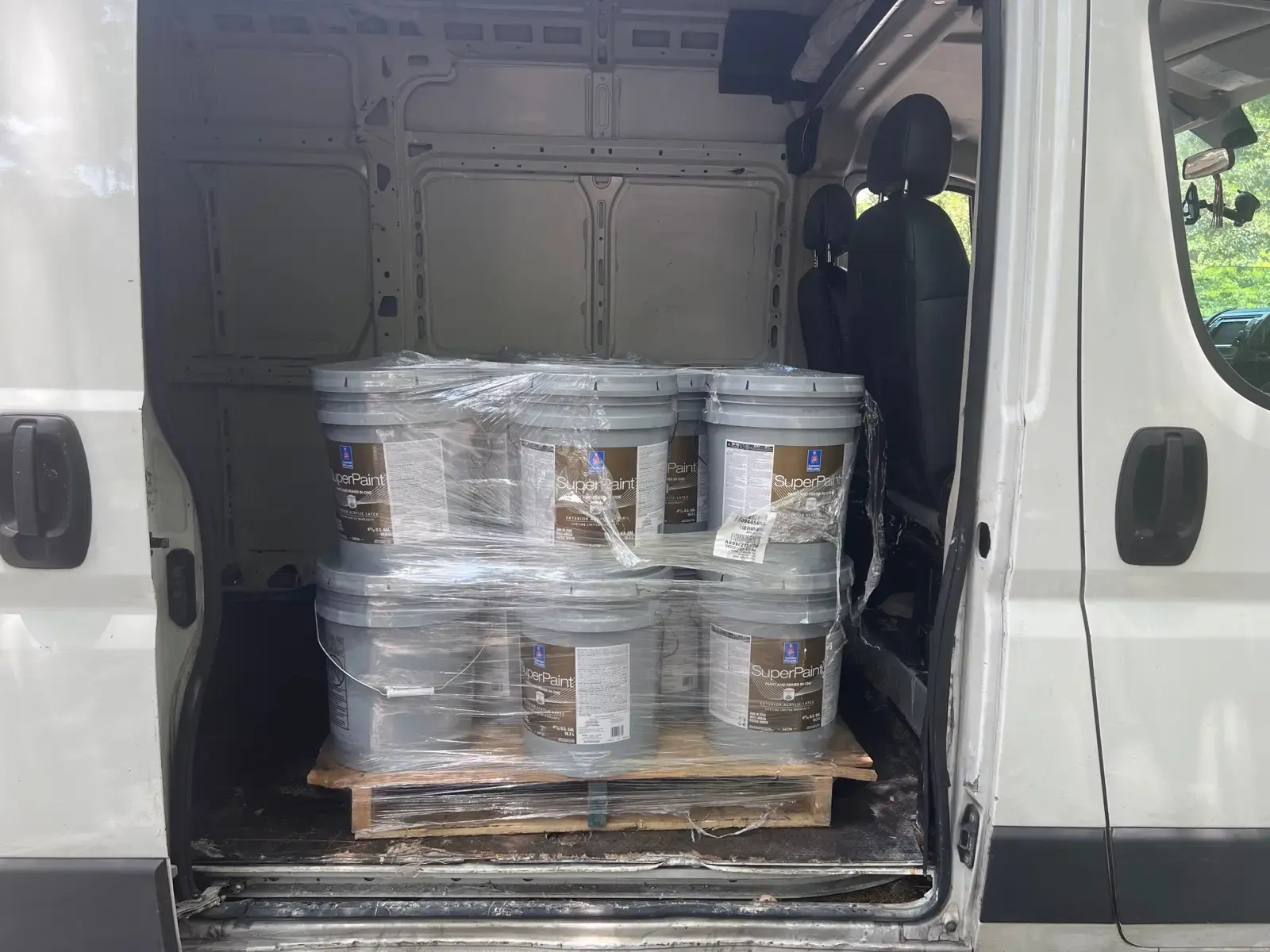
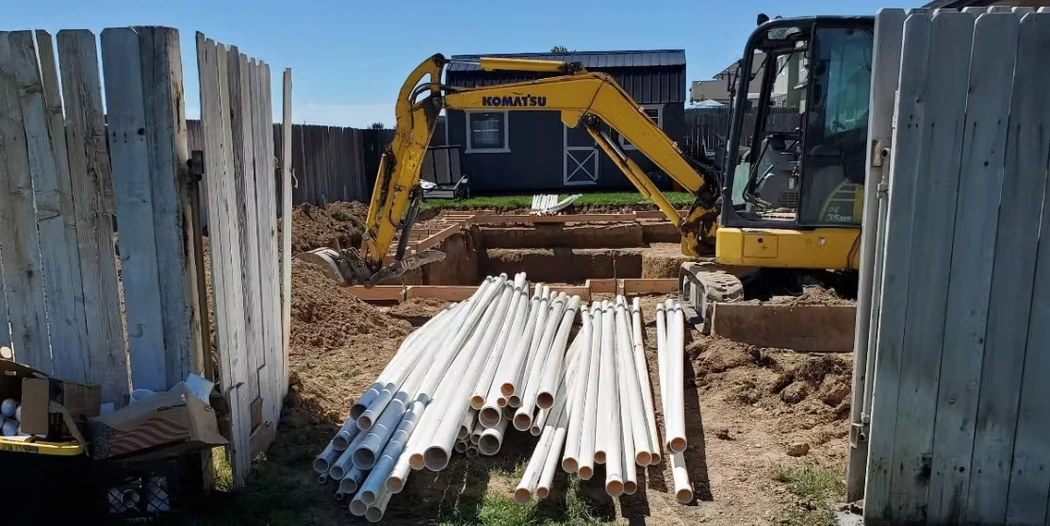

.webp)

.webp)
.webp)
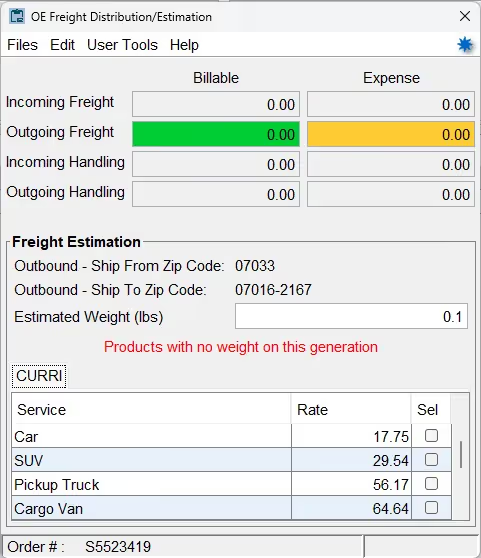
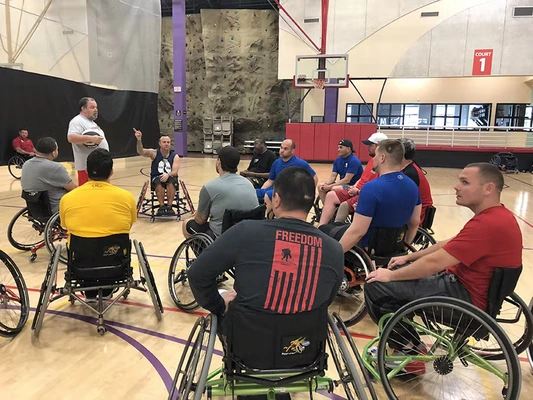
.webp)
